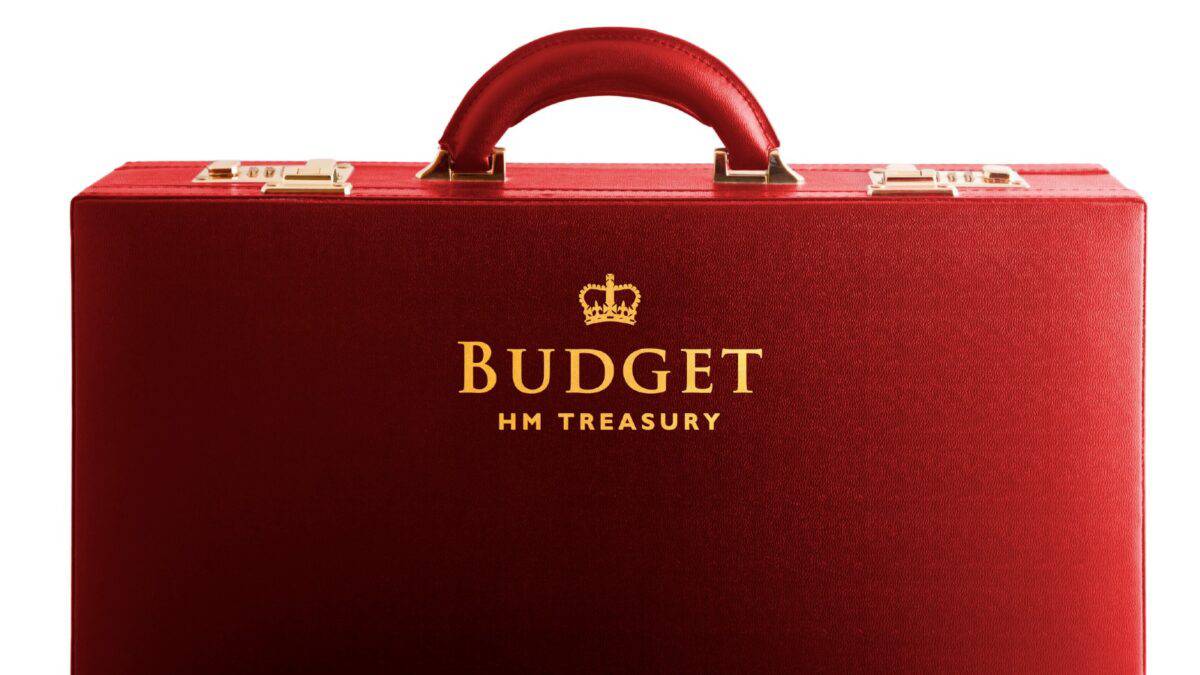The Rolls-Royce (LSE:RR) share price continued to work its way higher this week. But Jeremy Hunt’s announcement looks to me like mixed news for the company.
An increase in tax on business class air travel probably isn’t helpful for the firm’s commercial aerospace division. But investment in nuclear power might be more promising.
Air passenger duty
Around 48% of Rolls-Royce’s revenue comes from commercial aviation. And the recovery of demand in this industry has been a major reason the stock has performed so well.
Should you invest £1,000 in British American Tobacco right now?
When investing expert Mark Rogers has a stock tip, it can pay to listen. After all, the flagship Motley Fool Share Advisor newsletter he has run for nearly a decade has provided thousands of paying members with top stock recommendations from the UK and US markets. And right now, Mark thinks there are 6 standout stocks that investors should consider buying. Want to see if British American Tobacco made the list?
Taxes on all non-economy flights, however, are set to rise. From next year, the tax on a business class flight from London to New York will increase from £581 to £647.
There’s a risk it might dampen demand for business class seats on long-haul flights. And that would be bad for Rolls-Royce’s revenues, which come from servicing these engines based on their usage.
The outlook for travel is strong, though, so it’s possible the tax increase won’t be large enough to make a material difference to demand. Investors will be hoping this is the case.
Nuclear power
More positive for Rolls-Royce shareholders was the news that the government is planning on investing heavily in two nuclear sites. This makes up 26% of the company’s sales.
The first is in north Wales and the second is in Gloucestershire. The hope is to increase the UK’s nuclear power capacity by developing plants at both sites.
Key to this is small modular reactor (SMR) technology. And Rolls-Royce’s CEO thinks the company has a clear lead in this area over its competitors.
Nothing is guaranteed at this stage – there’s still competition for these contracts from five other firms. But a growing nuclear power market is a positive sign for Rolls-Royce.
Investment thesis
Right now, both the stock and the business have momentum behind them. For investors, the real question is how far they can go.
I’m not expecting a significant surge in demand for air travel from the current levels. But I’m expecting growth to come from elsewhere.
Restoring strength in its balance sheet should help Rolls-Royce bring down its debt costs, which should give profits a boost. And there was positive news this week on that front.
US ratings agency Moody’s upgraded the company’s bonds to ‘Ba1’ from ‘Ba2’. That puts it one step away from an investment-grade rating, which should allow it to refinance at lower interest rates.
What next for the Rolls-Royce share price?
The budget provided a clear statement of the UK’s commitment to increasing its nuclear capacity. And that should be a very positive thing for Rolls-Royce shares.
I see this as a potential bonus, though. In my view, there’s a justifiable case for thinking the stock is trading at an attractive valuation even without this.
The company’s potential for increasing its earnings through balance sheet improvements is, I think, enough to justify the current share price. That’s despite a 152% increase over the last 12 months.
Rolls-Royce shares remain on my list of stocks I consider undervalued. When I’m next looking to buy shares, I’ll be giving it some careful thought.








